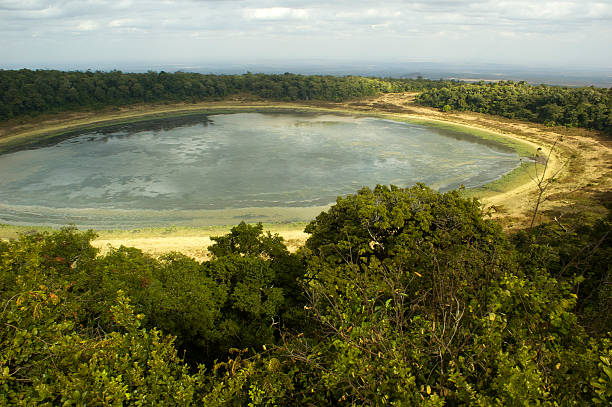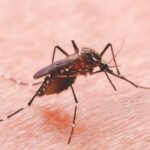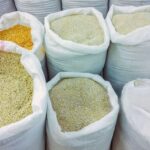Pastoralists swap livestock for fish in bid to end hunger cycle. Fish farming is transforming lives in Marsabit County, offering a lifeline to pastoralist communities once entirely dependent on livestock and relief food. Once considered impossible in the region, aquaculture is now growing rapidly as a sustainable solution to climate shocks and food insecurity.
The initiative, which began in 2023 with just 15 members, has expanded to 40 active fish farmers. Interest continues to rise, with women taking the lead. Hadija Guyo, a key figure in the movement, says fish is now more than just food — it’s a symbol of hope. Years of drought and hunger pushed many to rely on food aid. But now, they’re finding resilience in fish farming.
Hadija’s group uses the income from fish sales for table banking. Members save, lend, and reinvest — building financial independence and empowering women.
Community and Institutions
At North Horr Technical Training Institute, fish farming is part of the curriculum. Students combine agriculture, nutrition, and business studies. For Agriculture student Abudho Galgallo, the school’s fishpond isn’t just a project — it’s a model for the community.
Another student, Adho Game, never ate fish before joining the program. Now, she enjoys it and encourages others to do the same. She believes fish farming can help reduce youth unemployment if more young people take it up.
Administrators agree. Sammy Malingu, Deputy Principal at the institute, says hands-on training prepares students with practical skills. Kephas Juma, Head of Agriculture, adds that students are spreading aquaculture knowledge in their home villages.
Nutritionists like Anastacia Mutiti also support the shift. She says fish is rich in protein and amino acids, and could play a key role in fighting malnutrition in areas like North Horr.
In Moyale, Musa Hassan Dida has turned fish farming into a personal success. He began with 300 fingerlings and earned Ksh 75,000 in six months. He now has 500 and customers are calling daily. His fish business helps support his entire family, including his father’s medical care in Nairobi.
Also Read:
CS Wandayi promises fuel price cut soon
Fresh Cult Fears in Kilifi After Couple Rescued, Children Missing













